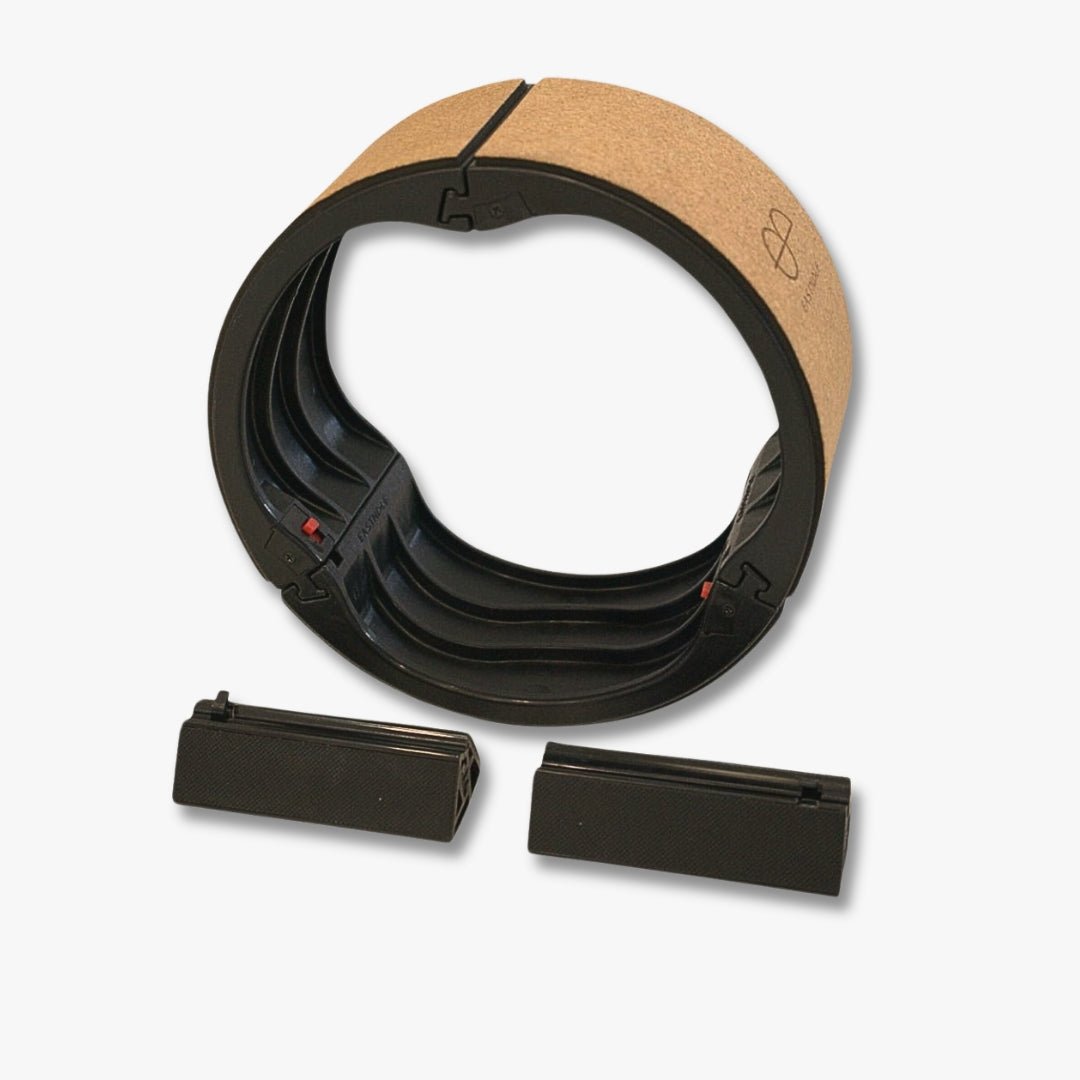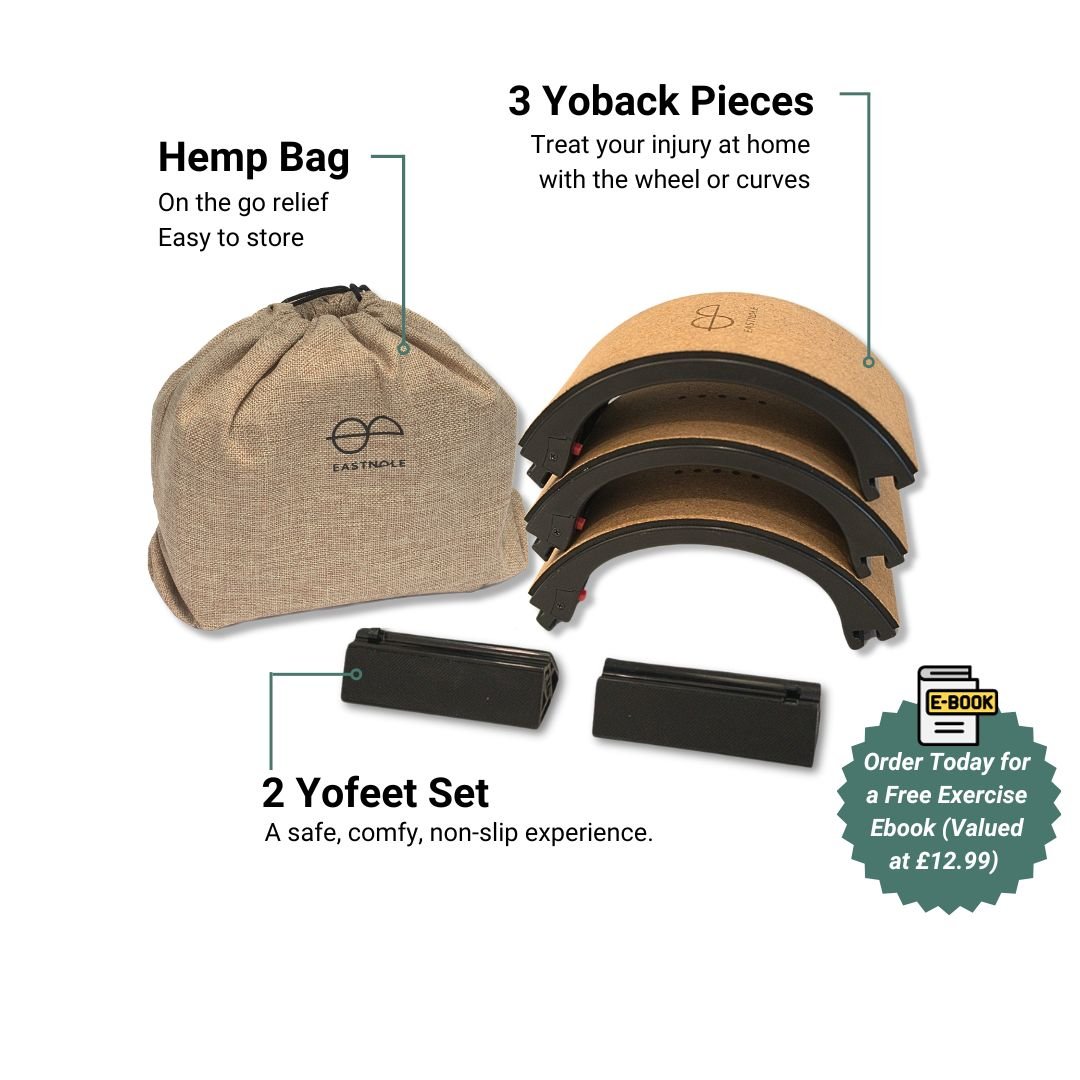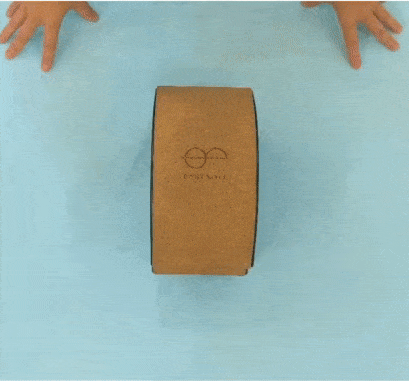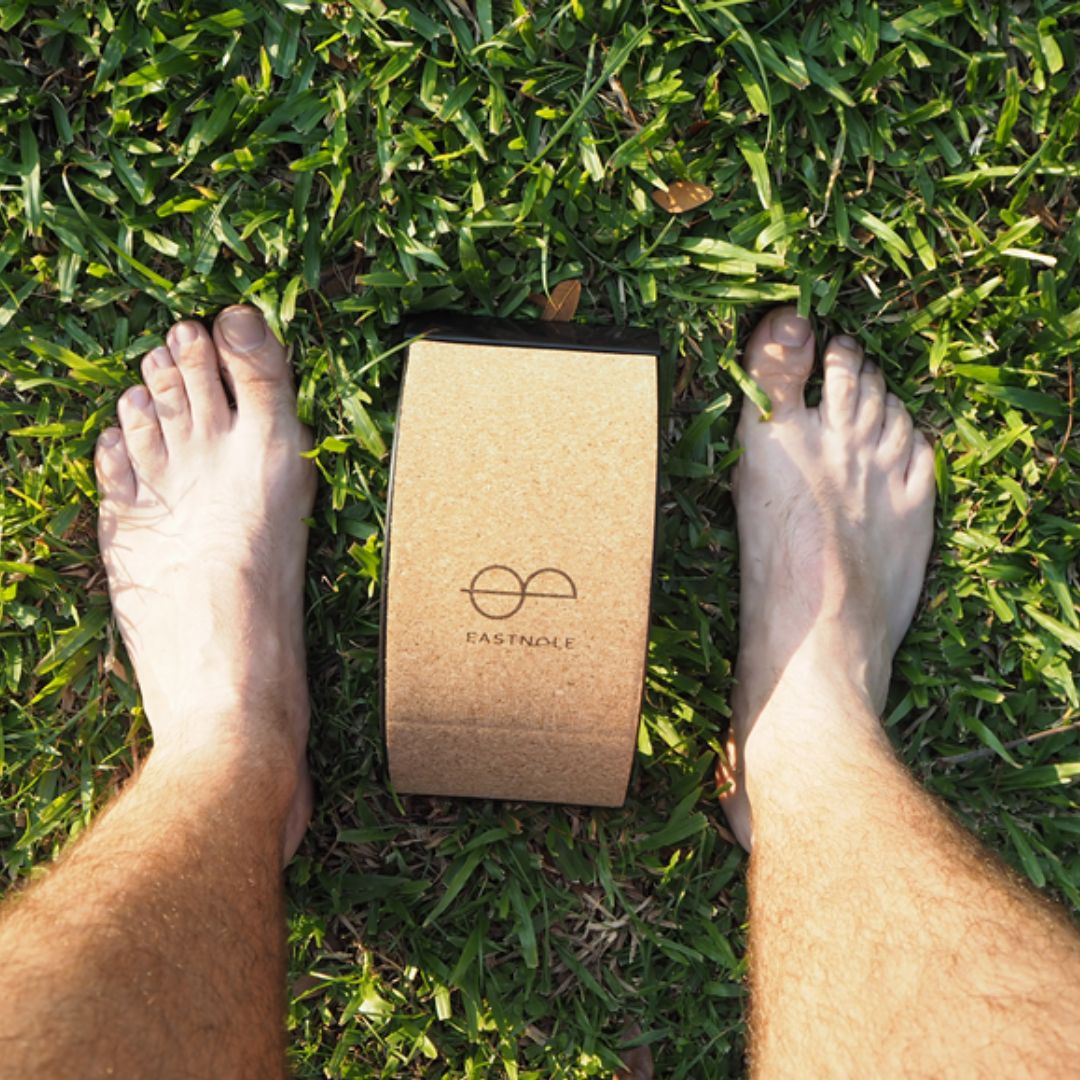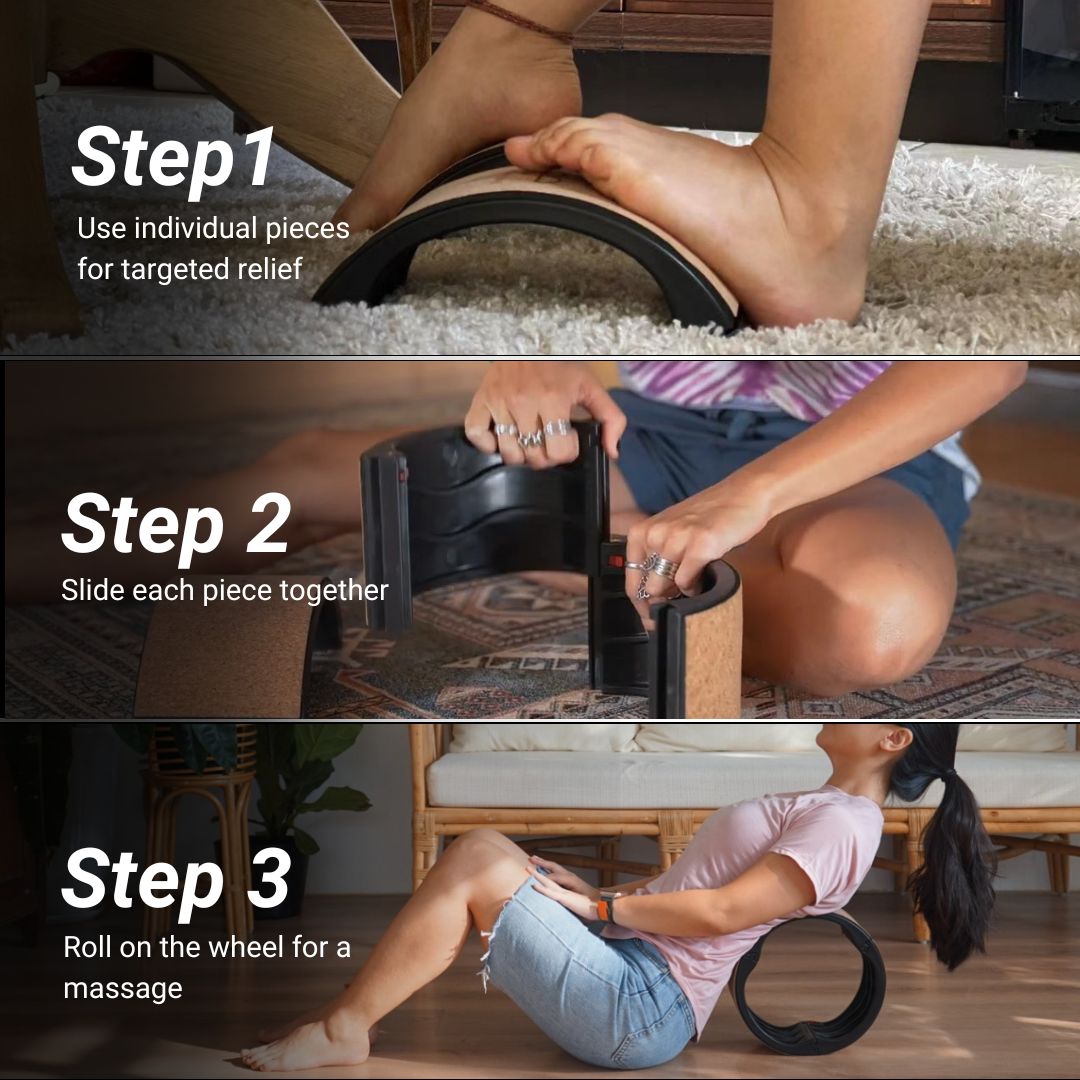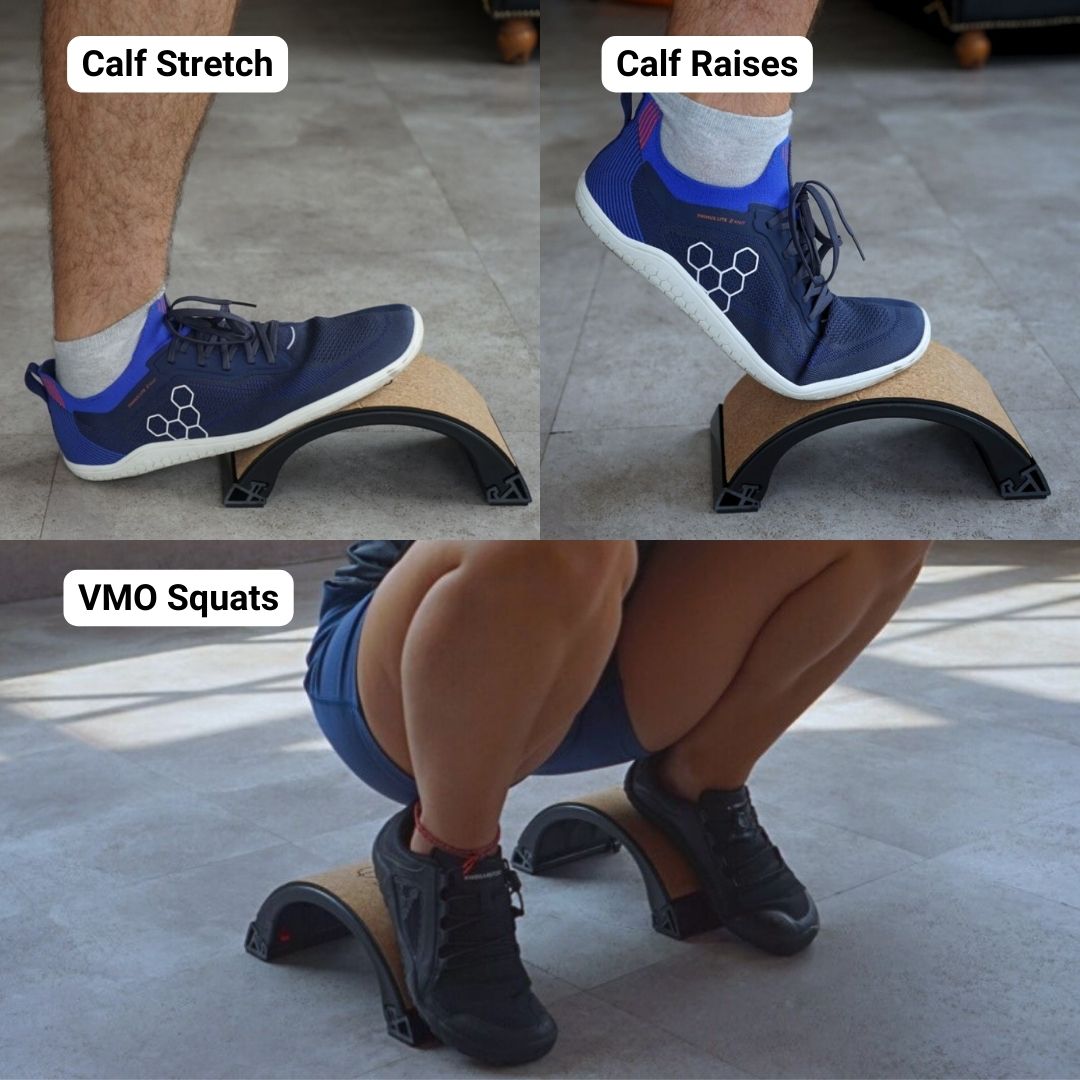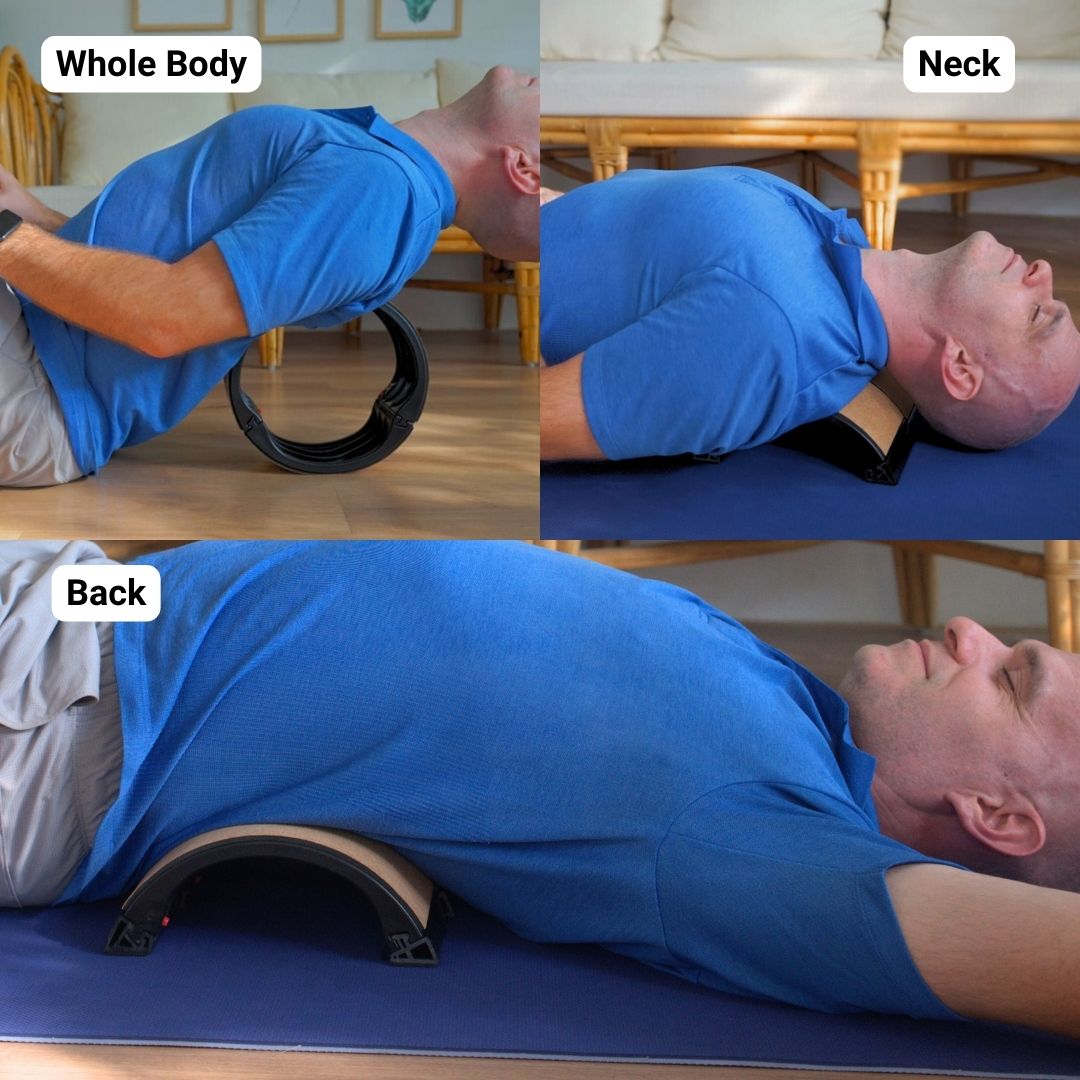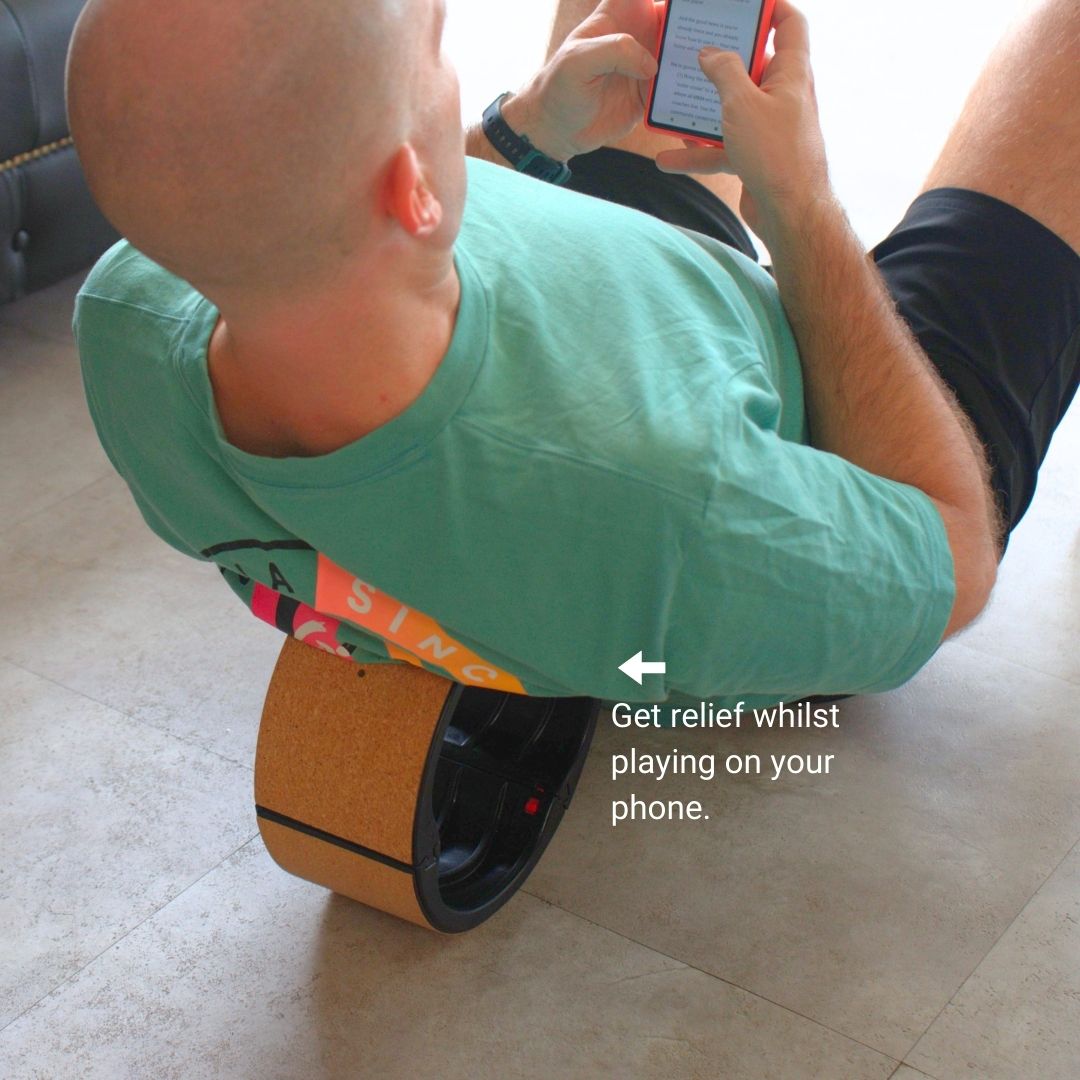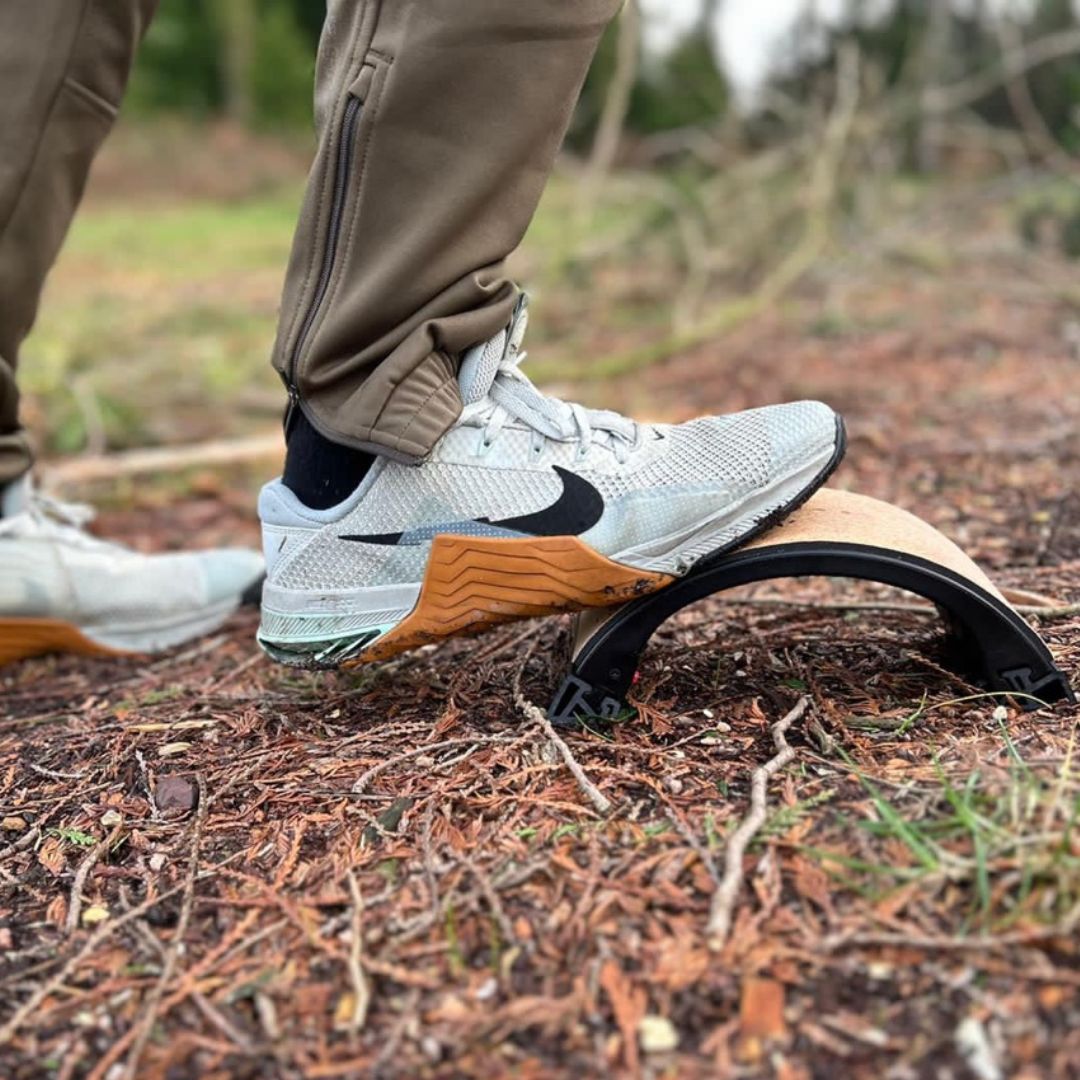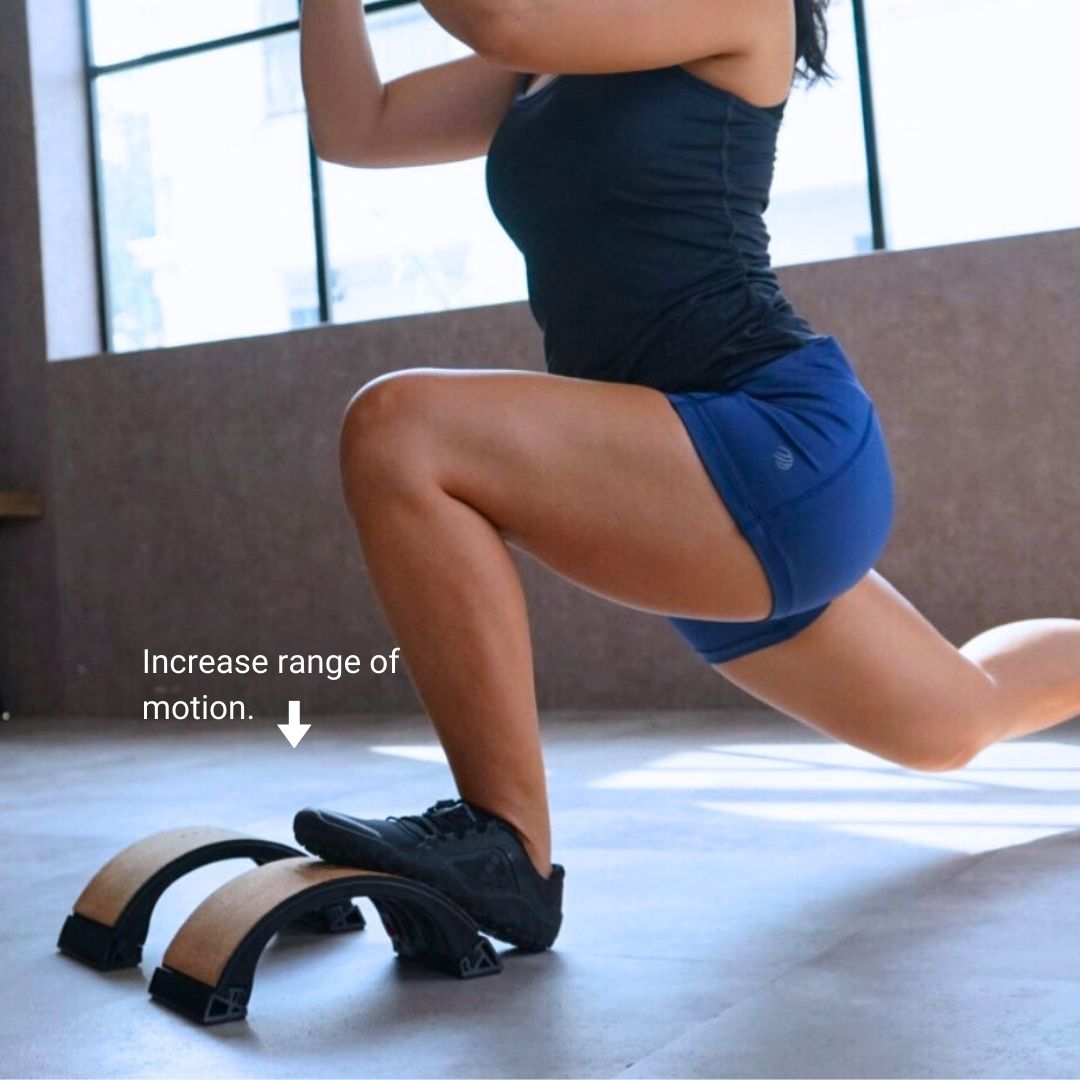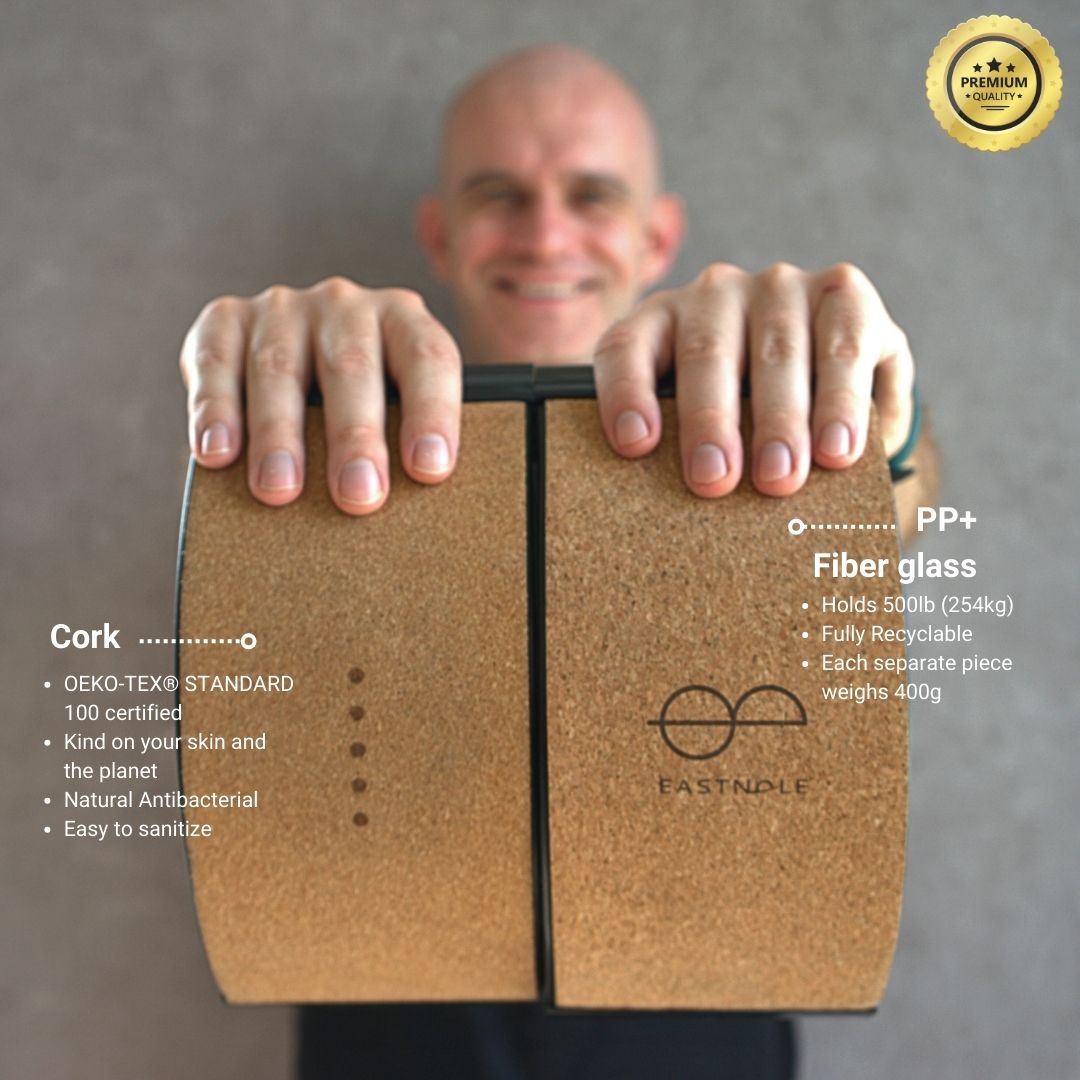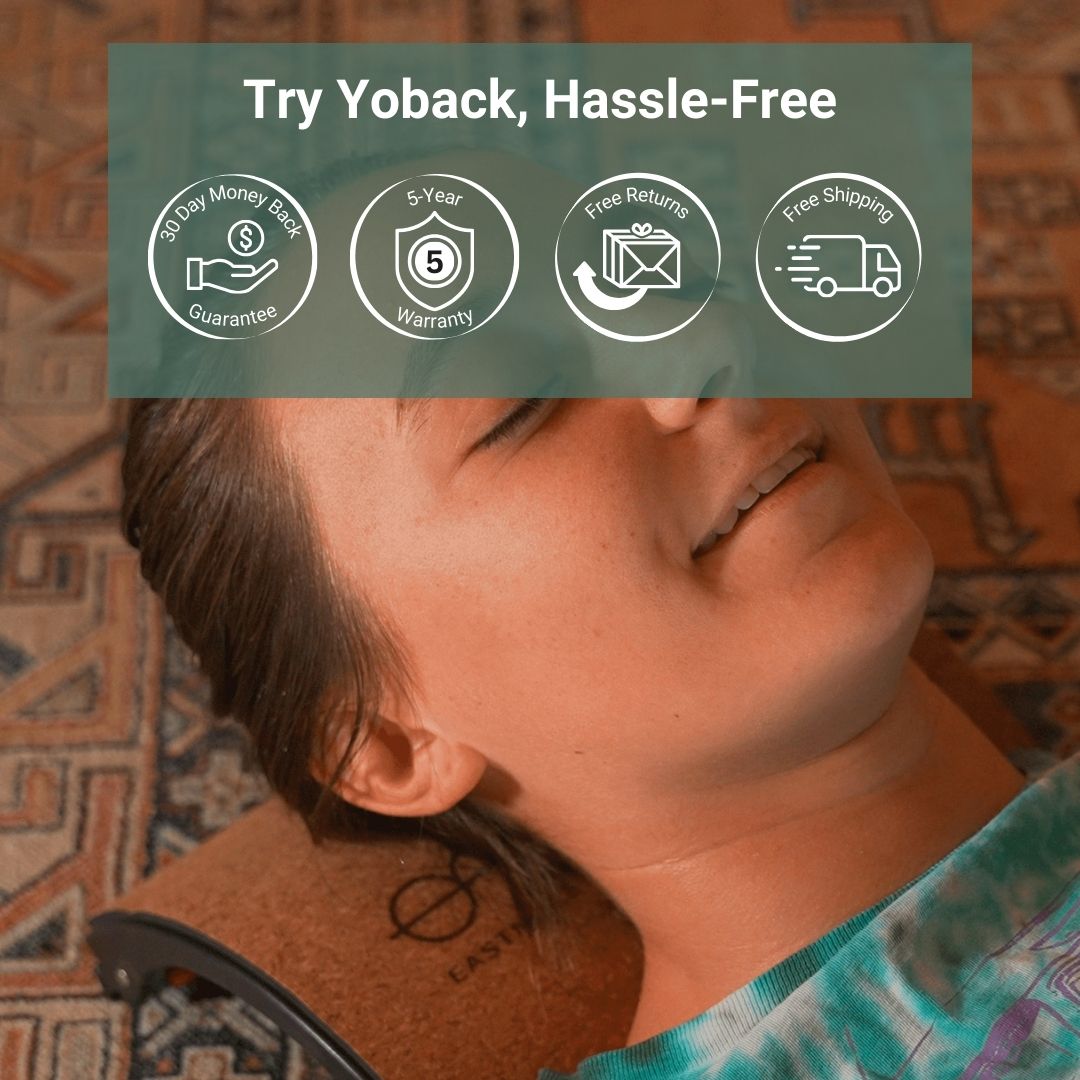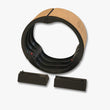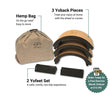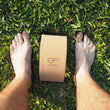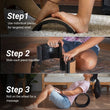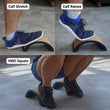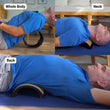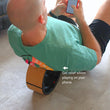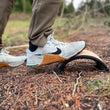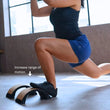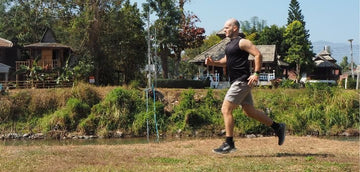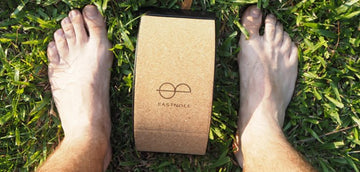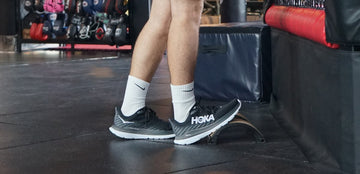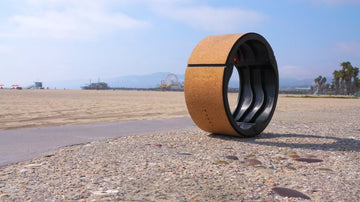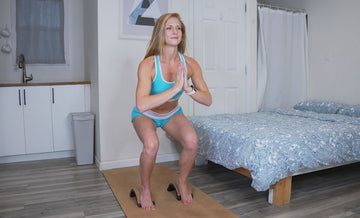
Have you ever heard of squatting without shoes on? It might sound strange, but it's becoming a big deal in the fitness world. Many people who work out are trying it and loving the results. Why? Well, there are some excellent benefits to doing squats this way. In this article, we're sharing ten reasons you might want to try barefoot squats. Whether you're a gym pro or just getting started, get ready to learn something new and exciting about working out!
10 Reasons You Should Squat Barefoot
1. Enhanced Proprioception
Proprioception refers to the body's ability to sense its position and movement in space. Without the barrier of shoes, your feet can better feel the ground, enhancing this sensory feedback. This improved awareness can lead to more controlled and efficient movements, not just in squats but in various physical activities.
2. Activate Your Feet
Activating your foot strength will aid you in every aspect of your training as it increases the grip of your feet. Squatting barefoot provides a broader and more compressed platform and decreases the risk of accidents.
When you are barefoot, the sensory balance increases while wearing fancy decorated running shoe decreases.
3. Restore Balance
Squatting barefoot fine-tunes your muscles and the biometrics of your feet and ankles. But you need to be careful not to put on too much weight as it can affect your health. Give ample time for your feet to adjust to the weight, as it will decrease the pain. This aspect of barefoot training is highly effective for people having flatfeet as it enhances the muscle activities of the ankle and the feet. Start putting in minimal weight first and, with time, increase it.
4. Natural Foot Position
Many shoes, especially those with elevated heels, can alter the foot's natural alignment. When you squat barefoot, your foot maintains its natural position, promoting better alignment through the knees and hips. This alignment can reduce strain and potential injuries in these areas.
5. Reduced Risk of Imbalances
Wearing shoes, especially if they're unevenly worn out, can lead to imbalances during exercises. These imbalances can strain certain muscles more than others. You eliminate this risk by squatting barefoot, ensuring a more symmetrical and balanced strength development across both sides of your body.
6. Improved Ankle Mobility
Shoes, especially those with thick soles, can limit the ankle's natural range of motion. Without them, your ankle can move more freely, allowing for a deeper squat and better overall mobility. This freedom can lead to improved performance and reduced risk of ankle-related injuries.
7. Better gains!
The cushioning in shoes can absorb some of the force you generate during squats. Without shoes, there's a direct force transfer between your feet and the ground, potentially leading to more powerful and effective squats. This direct connection can enhance the efficiency of your workouts.
8. Increased Awareness
Barefoot = Increased awareness.
Let your feet breathe! You can also feel each slight movement or change in your feet when you train without shoes.
9. Improved Neuromuscular Activities
Neuromuscular activities work like a loop which sends signals from the muscles to the brain. Squatting barefoot sends proper information to your brain, allowing you to adjust your posture and find the right balance. Improved results help you to focus in the long run.
10. Better Stability
Working out barefoot increases stability, improves your back posture, and increases hip joint movement. This improves the motion in your squats and the arch of your spinal cord.
While many fitness enthusiasts swear by the benefits of squatting barefoot, it's not a one-size-fits-all approach. There are several reasons why there might be better choices than going shoeless during squats.
Let's look into three key considerations that might make you think twice before ditching those gym shoes.
Risk of Injury
Without the protective barrier of shoes, there's an increased risk of stepping on sharp objects or debris, leading to cuts, punctures, or other injuries. Additionally, if heavy weights are dropped accidentally, the lack of protection can result in severe foot injuries.
Lack of Arch Support
For individuals with specific foot conditions like flat feet or plantar fasciitis, squatting barefoot might exacerbate the issue. Shoes, especially those designed for weightlifting, provide arch support that can help distribute weight evenly and reduce strain on the foot's arch.
Potential for Poor Form
For beginners or those not accustomed to the sensation, squatting barefoot can feel unfamiliar. This unfamiliarity might lead to improper form, increasing the risk of strains or injuries. It's essential to ensure proper technique and form, whether wearing shoes or not.
Use the Yoback for your Barefoot Squats!
The Yoback is an excellent tool for barefoot squats. The cork mat is grippy, providing more stability, and is super grippy when wet, so you don't need to worry about being sweaty! Raising your heels also helps improve ankle mobility, targets your quads more and has a host of other benefits, which you can learn more about in our blog about the benefits of raising your heels during squats.

